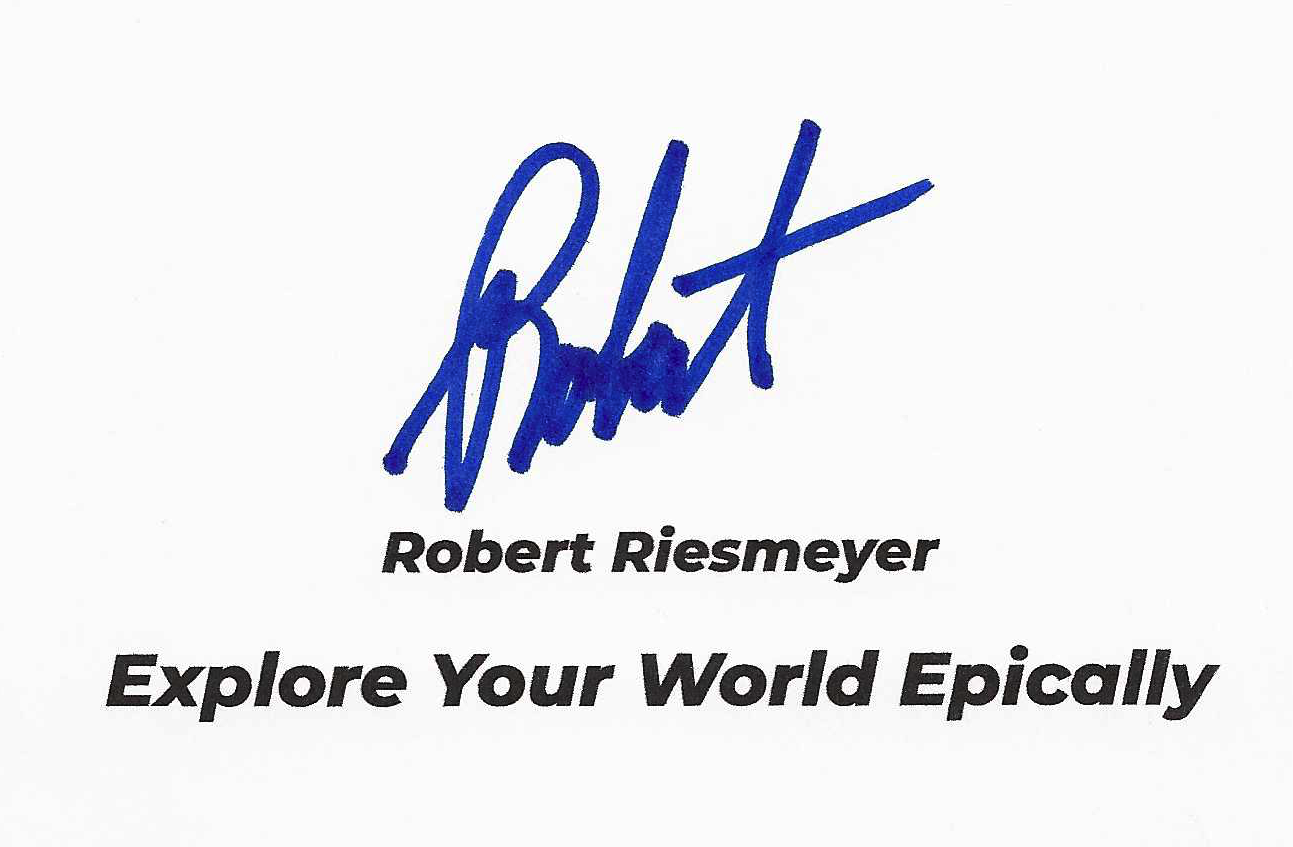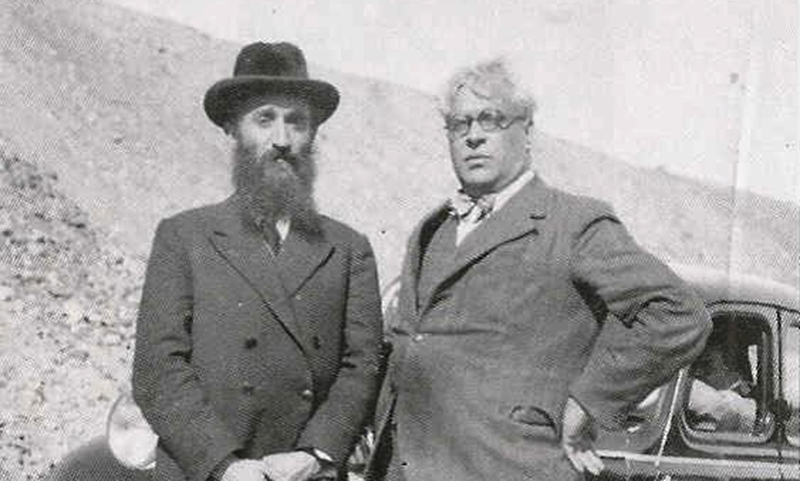The Untold Legacy of Aristides de Sousa Mendes
Sometimes, doing the right thing costs everything. Not in a vague, metaphorical way—but in a real, tangible, soul-crushing way. History is lined with stories of individuals who stood at the crossroads of moral courage and self-preservation. Most chose the safer route. Who could blame them? When the consequences of defiance mean losing your job, your home, your reputation, and your future—it takes more than bravery. It takes an unshakable conviction that doing good is worth any cost.
One such story is that of Aristides de Sousa Mendes, a man whose moral courage saved lives and reshaped history, even as it dismantled his own.
The Price of Moral Courage
Aristides de Sousa Mendes was not a soldier or a resistance fighter. He was Portugal’s consul in Bordeaux, France, in 1940—a man with a pen and a conscience. But sometimes, that’s all you need to change the world.
Under dictator António de Oliveira Salazar, Portugal maintained neutrality during World War II. Orders were explicit: no visas to Jewish refugees or anyone fleeing Nazi persecution. Salazar feared provoking Hitler. Following orders meant denying desperate families any chance of survival. Mendes knew what was right. More importantly, he acted on it.
In the span of just a few days in June 1940, as the Nazis closed in on France, Sousa Mendes made a decision that would define his legacy. He chose moral courage over career, over reputation, and over the security of his family.
A Diplomat’s Dilemma: Orders vs. Conscience
Thousands of Jews, intellectuals, artists, and ordinary families were trying to flee the advancing Nazis. Portugal, if they could reach it, was a lifeline. Mendes, seeing the human desperation at his door, understood the stakes.
Faced with the choice to either obey his government or obey his conscience, he didn’t hesitate. “I would rather stand with God against man than with man against God,” he said. And with that conviction, he began issuing transit visas by the hundreds—thousands, in fact—often working from his bed, utterly exhausted, alongside his staff and family.
The Ripple Effect of Moral Courage
Sousa Mendes’ moral courage wasn’t symbolic. It was logistical, immediate, and lifesaving. He issued approximately 30,000 visas, among them 10,000 Jewish refugees. These weren’t just names on paper. They were future authors, musicians, doctors, scientists, teachers—human lives with immeasurable value.
Among the refugees saved were Hans and Margret Rey, who fled with the manuscript of a children’s book that would become Curious George, a beloved literary character cherished by generations. Another visa recipient was the grandmother of Huey Lewis, the future rock legend. From children’s literature to chart-topping music, the legacies of those Mendes saved echo even today.
How many more family trees exist today because this one man chose moral courage over complicity?
The Fallout: Moral Courage Comes at a Cost
Salazar’s regime did not look kindly on Mendes’ defiance. He was swiftly stripped of his position, blacklisted, and banished from government work. His name was scrubbed from public records. His family fell into poverty. His children were denied access to education and jobs. Friends vanished. He lived the rest of his life in obscurity and died destitute in 1954, largely forgotten by his country.
And yet—his moral courage saved more than 30,000 people.
Why Moral Courage Still Matters Today
It’s easy to believe that we live in a different world. That we’ve evolved beyond such moral dilemmas. But the truth is, we’re still faced with similar questions every day. Refugees still knock on closed doors. Governments still prioritize power over people. Ordinary individuals still must choose between compliance and conscience.
Moral courage isn’t just about heroic acts in wartime. It’s about standing up in everyday life—speaking out against injustice, defending the vulnerable, refusing to let fear dictate our actions. It’s about being willing to act when no one else will.
Aristides de Sousa Mendes reminds us that moral courage doesn’t often lead to reward. It may bring loss, suffering, or even ruin. But it also brings something far more enduring: legacy, truth, and the preservation of our shared humanity.
A Delayed Redemption
Mendes did not live to see his redemption. It wasn’t until 1988 that the Portuguese government officially recognized him as a national hero. By then, the damage had long been done. But his legacy—once buried under silence—is now being taught in schools, honored in memorials, and remembered by generations who owe their lives to his bold defiance.
The Call to Action: Choosing Moral Courage Today
If we don’t remember stories like this, we risk repeating the mistakes that made them necessary. The legacy of Aristides de Sousa Mendes is more than historical trivia—it’s a blueprint. When faced with moral choices, especially the uncomfortable ones, we must ask: will we stand firm, even when it costs us?
Will we be the bureaucrats who follow orders blindly? Or the ones who remember that rules without morality are not worth obeying?
Courage is contagious. The next time history calls, we need more people willing to answer with the same unwavering resolve that Aristides de Sousa Mendes showed.
He saved lives. He preserved dignity. And he reminded the world that even when the cost is everything, moral courage is still worth it.
A Home Restored, A Story Remembered
For decades, Aristides de Sousa Mendes was a forgotten name in his own country, his sacrifices ignored, his legacy buried. But time has a way of correcting injustices, and in recent years, Portugal has begun to recognize the true scale of his heroism. His former home, the Casa do Passal, once left to decay as a symbol of his downfall, has been lovingly restored and transformed into a museum.
Now, it stands as a monument to courage, a place where visitors can walk through the halls where he once made the decision that would alter history. It tells his story in vivid detail, reminding all who enter that moral courage outweighs personal cost.
As explorers, we have an obligation to seek out places like this—to stand in the spaces where history was shaped, to honor those who risked everything, and to carry their stories forward. Casa do Passal isn’t just a museum; it’s a testament to what it means to be truly human.

Robert Riesmeyer is the visionary Founder and Experience Curator of Epic Explorations, a boutique travel company dedicated to crafting extraordinary journeys worldwide. Rooted in a passion for exploration, Robert brings a unique blend of creativity and commitment to every adventure, ensuring each experience is as unforgettable as the destinations themselves.
Originally from the Midwest, Robert left behind a career in insurance to pursue his dream of sharing the world's wonders with fellow travelers. With a focus on safety and an eye for the unexpected, he curates immersive experiences that allow travelers to connect deeply with the world, fostering curiosity, connection, and unforgettable memories.
Beyond his role in travel, Robert embraces the spirit of giving through his portrayal of Santa Claus, spreading joy to families and children during the holiday season. Through this role and Epic Explorations, he supports numerous charities, including Shadow Buddies, Mother's Refuge, Moving Ahead, Opertion Breakthrough and Santa America, bringing kindness and hope to those in need.
Based in Kansas City, Robert is constantly in search of new frontiers, dreaming big, giving back, and inspiring others to explore even bigger.


